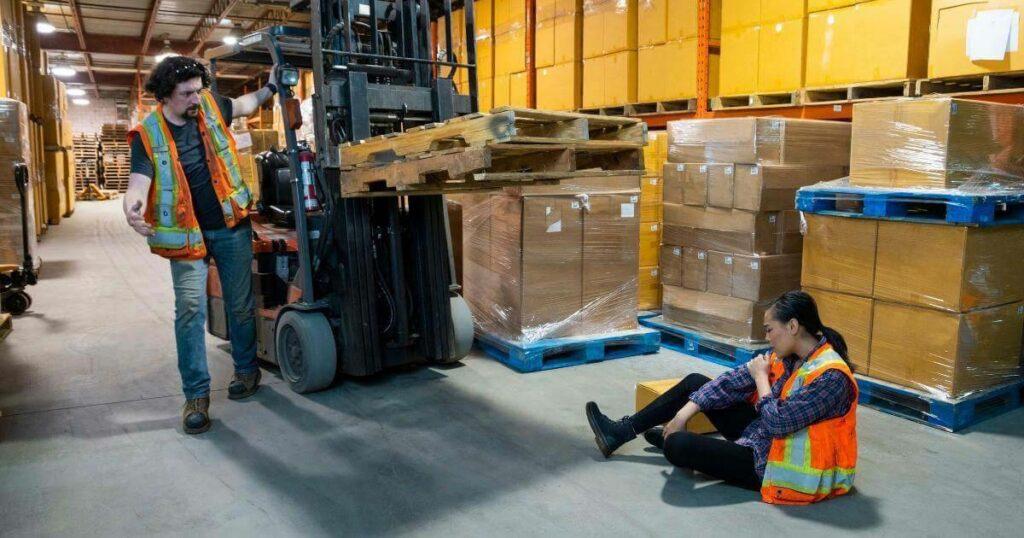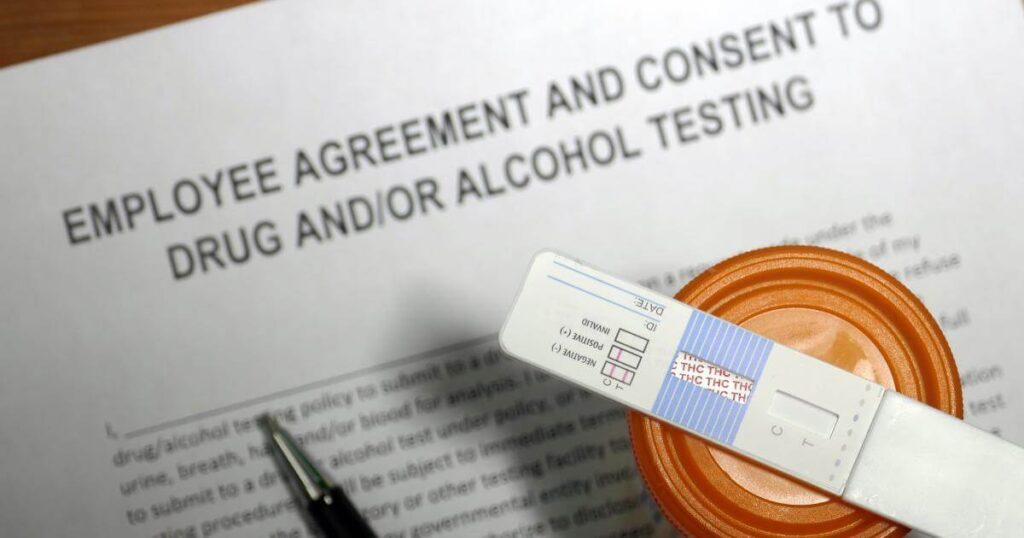Stay Compliant While Expanding Your Talent Pool Under Oregon’s Drug Testing Laws
Drug testing in the workplace — it’s always been somewhat of a controversial topic. As a leading staffing agency, it’s important to stay up to date on all rules and regulations that factor into the world of staffing and recruitment. We always look at the big picture to see how these changes factor into the ”day-to-day” for our customers and communities.
Here’s what you need to know about drug testing in Oregon and how to ensure your company’s drug testing procedures are up-to-date and compliant.

Pre-Employment Drug Testing
Oregon has been at the forefront of marijuana legalization, allowing both recreational and medical use. However, while marijuana is legal in the state, employers can still test for it and take adverse employment actions if a test comes back positive — even for medical marijuana users.
This is important to keep in mind as you develop or revise your drug-free workplace policies.
While most private employers are not required to drug test when hiring, many still do, especially in safety-sensitive industries like manufacturing, skilled trades, warehouse, and construction.
There are several reasons your company may implement pre-employment drug testing:
- To qualify for workers’ comp discounts
- To reduce legal liability
- To promote workplace safety and reduce productivity losses
However, keep in mind that in this tight labor market, you may be excluding good workers by performing a drug test for marijuana before hiring. Oregon is currently sitting at an unemployment rate of around 4%; you don’t want to miss out on quality candidates by ruling them out if you don’t have to!
If your workplace currently performs urine drug tests but wants to potentially expand its candidate pool, consider changing your drug testing process to oral swabs. This method which is less invasive, provides quicker results, and still detects recent drug use.

Post-Accident Drug Testing
In the event of a workplace accident, Oregon law allows employers to drug test employees, but this should not be an automatic procedure in all cases.
This is especially true for marijuana, where no current test can definitively measure impairment at the time of an incident. Tests only detect the presence of the drug, which could remain in the system from prior use.
OSHA regulations caution against post-accident drug testing policies that could be viewed as retaliatory or discouraging of proper accident reporting.
Instead, employers should evaluate each incident on a case-by-case basis and only administer a drug test if there is reasonable suspicion that impairment contributed to the accident.
We don’t need to remind you that employers who don’t comply with the OSHA rules could face penalties for each violation. (Note: This differs for those who employ transportation workers and follow the federal Department of Transportation laws for drug testing.)
Bottom line: if your company currently has an automatic post-accident drug testing policy, you may want to consider revising it. Ensure your policies comply with OSHA guidelines, and avoid blanket testing after every accident.

Random Drug Testing
Random drug testing is often required in safety-sensitive positions, such as those involving heavy machinery or healthcare.
However, Oregon law does not specifically restrict private employers from conducting random drug testing for other roles — as long as this practice is clearly outlined in your company’s drug testing policy.
Random testing can help maintain a drug-free workplace, but it’s crucial to ensure the policy is clearly communicated and non-discriminatory.
Legal and Privacy Concerns
There are several legal considerations when it comes to drug testing in Oregon.
Employers must avoid actions that could be seen as discriminatory, such as targeting employees for testing based on race, age, or gender, which could result in claims of discrimination.
Additionally, employers should respect employee privacy during testing procedures, ensuring that protocols are designed to prevent any invasion of privacy claims.
It’s also important to be aware of Oregon’s disability discrimination laws. If an employee tests positive due to legally prescribed medication, employers must handle the situation carefully.
For example, opiates prescribed for a disability may lead to a positive result, but employers need to accommodate such disabilities under the Americans with Disabilities Act (ADA).

What if an Employee Refuses a Drug Test?
Employees in Oregon can be terminated for refusing a drug test, provided that your policy clearly states this as a potential consequence.
It’s essential to ensure that this information is explicit in your drug testing policy and communicated to all employees, as transparency will help mitigate any potential legal disputes.
Balancing Compliance and Talent
Updating your company’s drug testing policy can help you stay compliant with current Oregon laws and ensure you’re not missing out on great candidates by automatically disqualifying them for marijuana use.
Given the legal complexities and evolving drug testing landscape, having a clear, well-communicated policy is more important than ever.
If you have more questions about how these rules affect your business or need assistance with policy adjustments, contact Selectemp and ask to speak with our safety consultant.



